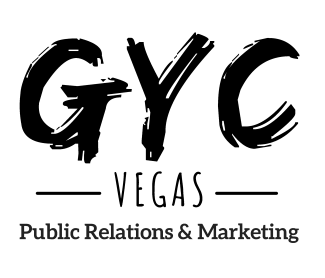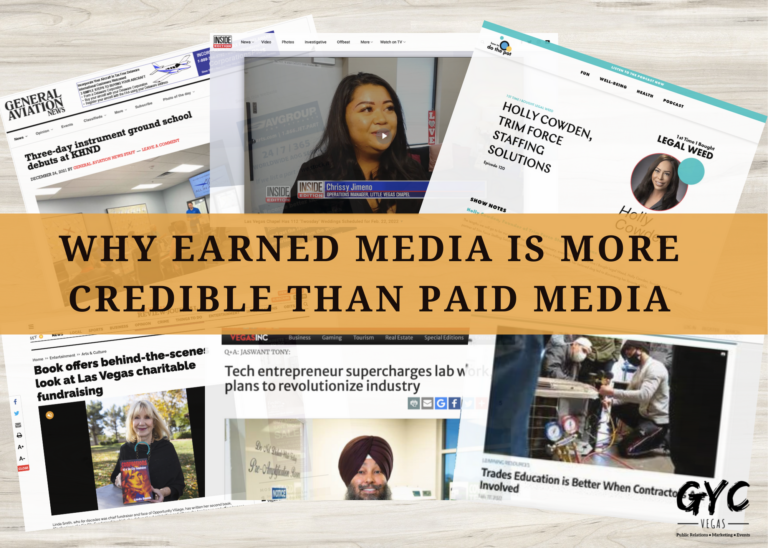When it comes to paid media and earned media, both have roles to play in an integrated marketing strategy. Earned media, however, is much more likely to win consumer trust.
That’s because earned media is not something you can buy. Rather – as the name implies – it’s something you must earn. With paid media, on the other hand, brands buy ad space or run social media ads so they can say whatever they want to about themselves. Consumers are therefore naturally skeptical about messages conveyed through advertising.
It’s akin to a restaurant owner telling you his pizzeria is the best place to eat dinner, versus a good friend recommending it. You’re much more likely to trust your friend over the restauranteur. After all, your friend has nothing to gain by the suggestion, and you have a relationship with each other. So your friend is less biased and has more credibility.
Because brands don’t control earned media content, it’s more credible, too. It means that whatever good things third parties say about you must be true, because there’s no other reason they would say them – e.g., they’re not being paid.
Commonly defined as unpaid promotion (for example, from customers or reporters), earned media is organic content created by journalists, bloggers, influencers or consumers that references or features your company, product, service or one of your executives in the form of:
- News stories/print or broadcast editorial coverage
- Contributed content like guest articles
- Media interviews
- Expert quotes
- Independent reviews
- Online recommendations
- Social media posts or comments
Each of these examples is extremely effective at increasing brand awareness, making earned media the ultimate amplification tool. Many times, earned media becomes shared media – both digitally and in personal interactions. Everyone who sees earned media can, and often does, share it on platforms like Facebook and Twitter. It also comes up organically in conversations with friends, relatives and colleagues.
In the hypothetical scenario above, for example, your friend may have originally heard about the pizza place in a magazine article, a Yelp review or from one of his Facebook friends. That, in turn, prompted him to try a slice for himself and ultimately recommend it to you.
When you like it, too, the pattern repeats itself as you tell your friends – and they tell theirs – about the new pizza place. This spiral effect explains the influence word-of-mouth marketing has over consumer buying decisions.
That’s the power of amplification, and it often starts with earned media.
Benefits include higher levels of referral business, web traffic, leads and customer loyalty by enhancing your brand’s credibility and visibility. It’s a great way to expand your business, because people often seek out your products or services after learning someone they know or respect speaks highly of your company.
Another obvious advantage of earned media over paid media is lower cost. And, it’s the gift that keeps on giving, since earned media almost always lives online indefinitely where it can be accessed repeatedly by a broad range on consumers. Furthermore, earned media often links back to your product or company, improving your brand’s search engine rankings.
While money can’t get you earned media, creative and well-executed public relations campaigns can. Most companies understand the value of earned media – even if they call it something else, like “free publicity” – but they don’t always know the best ways to generate it.
If you fall into that category, consider partnering with earned media experts like the ones at GYC Vegas – a boutique Las Vegas PR agency. Our seasoned pros earn media for our clients every day that sets them apart from the competition and builds their brands. Contact us to learn how we can help you generate more attention and business through earned media.

